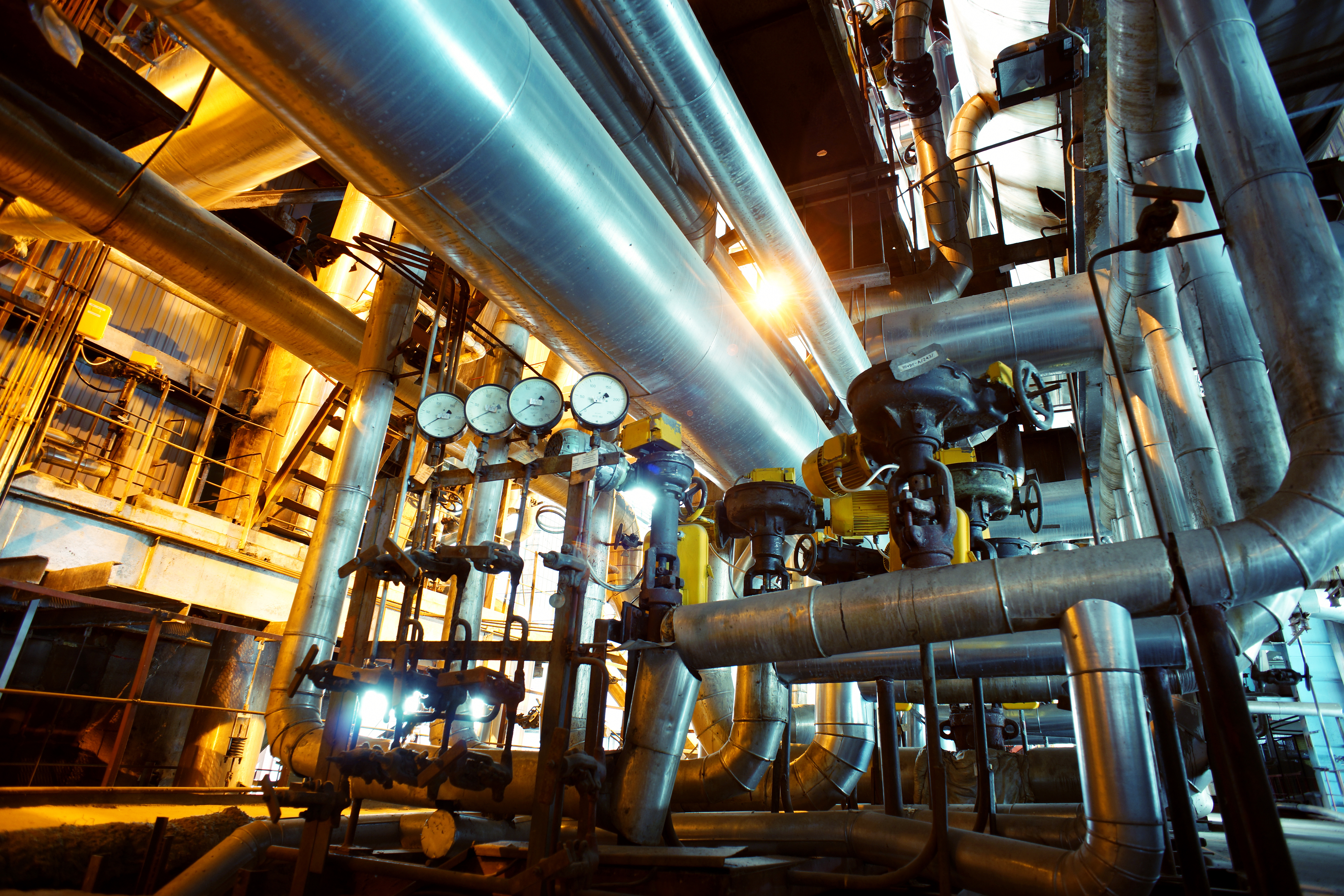How can weld cleaners benefit the energy industry?
Weld cleaning | Friday, 23 September 2022
How can corrosion in energy companies be managed?

The energy industry has particularly harsh conditions for metal and the consequences of corrosion can be severe.
In this article we’ll cover some of the most common corrosion problems in the energy industry and explain how a weld cleaner can benefit corrosion management programs in the energy industry.
What is meant by energy industry?
The energy industry covers companies that are producing or supplying energy. This definition includes companies mining oil and gas, drilling, refining, and producing but also power utility companies such as renewable energy, coal and bio-gas.
Nowadays renewable energy such as wind and solar power is preferred but the non-renewable energy sources still play a major role in the industry.
Whether it’s renewable or non-renewable energy companies, stainless steel most likely is a huge part of their production facilities. Especially oil and gas processing companies have stainless steel tanks, pipes, and valves.
What are the most common corrosion problems in the energy industry?

Some of the common corrosion problems in the energy industry happen when un-passivated stainless steel meets water and rusts.
Internal corrosion of pipelines is also a major challenge within oil and gas production since they are subjected to high temperatures, gasses, flow of substances, water, and other things that can aggressively attack the surface of the steel.
Another common problem in the energy industry is galvanic corrosion on offshore marine sites. This happens when to the highly corrosive salty sea water meets the metal surface during long periods and this is unavoidable.
In oil and gas production facilities corrosion can progress quickly from the high temperatures, pressure and water the equipment is exposed to.
Why is corrosion a serious problem in the energy industry?
In many production facilities that deal with harsh conditions, completely preventing corrosion is almost impossible. But managing the rate of deterioration and having a corrosion management program can help reduce the risk of downtime or, in worst case scenario, total loss of the equipment (and therefore money).
Corrosion is a severe problem in the energy industry since it can cause pipeline failures, leaks, reduced production (e.g. if the production needs to close down), and ecological damage if for example oil leaks out into the nature.
How can corrosion be avoided or managed?
Preventing corrosion extends your equipment’s life and increases the efficiency of operations. Some corrosion might be inevitable, and that is why it’s important to invest in processes, materials, and continuous management of corrosion.
Internal corrosion management teams are key to preventing major damage to production facilities. In oil and gas production equipment might be exposed to harsh substances and water over long periods. Corrosion management teams should inspect the equipment regularly to prevent dirt buildup and irreparable damage.
Many parts in the energy industry are made of stainless steel because of it’s high corrosion resistance. Any production facility with stainless steel parts could benefit from having a weld cleaning machine for regular maintenance of smaller corrosion-issues. But for big and demanding corrosion instances it might be a better option to use external help.
3 reasons why energy companies should consider a weld cleaner
1. Replacement and maintenance of smaller parts and weld cleaning carried out by internal maintenance team
Having a corrosion management team is highly effective for early discovery corrosion in the production facility. Energy companies should benefit from this team and have them carry out smaller weld cleaning jobs themselves instead of outsourcing this task.
It might be necessary with external help for big, demanding, or hard-to-reach corrosion jobs but for smaller parts and visible corroded welds or areas it is much cheaper and faster to invest in a weld cleaning machine and have the internal maintenance team use it for these types of corrosions.
When replacing small stainless steel parts, they need to be cleaned before going into the production, and it’s a great advantage to have employees internally who can operate a weld cleaning machine for this.
2. Save money and reduce downtime with regular inspection
This is the whole reason for having an internal corrosion management team. When inspecting risk areas and the whole production regularly you can avoid a total shut down for maintenance and repair. Instead, problems are dealt with before they become major issues that shuts down the entire production.
3. Flexible, easy, and fast cleaning of corrosion
A weld cleaning machine is by far the fastest way of taking care of small corrosion problems before they become major problems. A weld cleaning machine can be handled by anyone really, as it’s very easy to operate. In addition, it’s a highly flexible and transportable machine meaning that it can be used just about anywhere in the companies’ facilities. Most of our machines can be carried around and our most powerful machines have inbuilt wheels for ease of transport. All you need is a power plug, your weld cleaning equipment, and some PPE and you are ready to get rid of the corrosion.
Want to know more?
If you want to know more about how a weld cleaner can benefit your energy company or production facility, feel free to contact us by filling out the contact form below.
Loading...
Please wait while the form loads.


 English
English  English (US)
English (US)  German
German  Danish
Danish  Swedish
Swedish  French
French  Polish
Polish  Spanish
Spanish